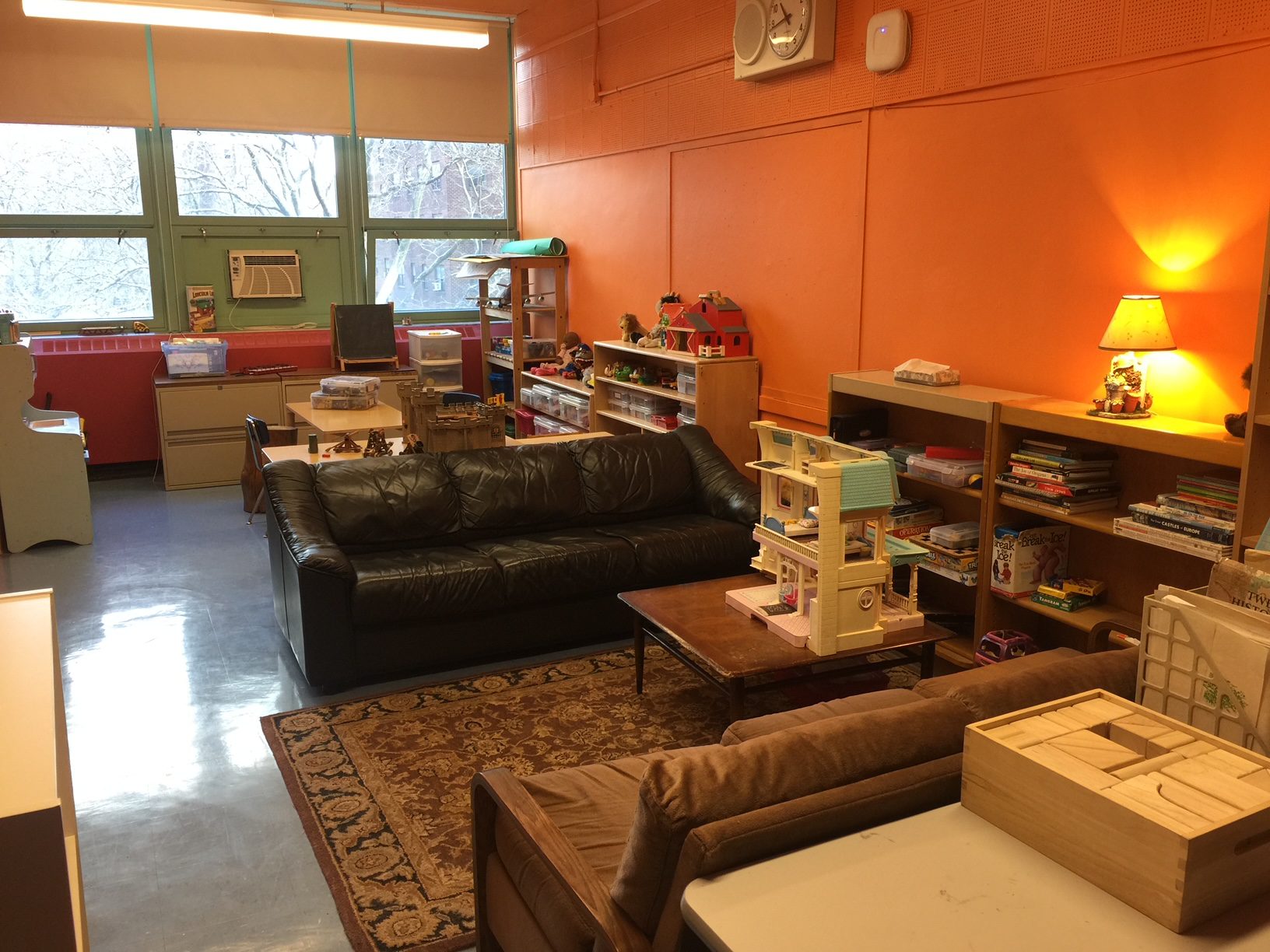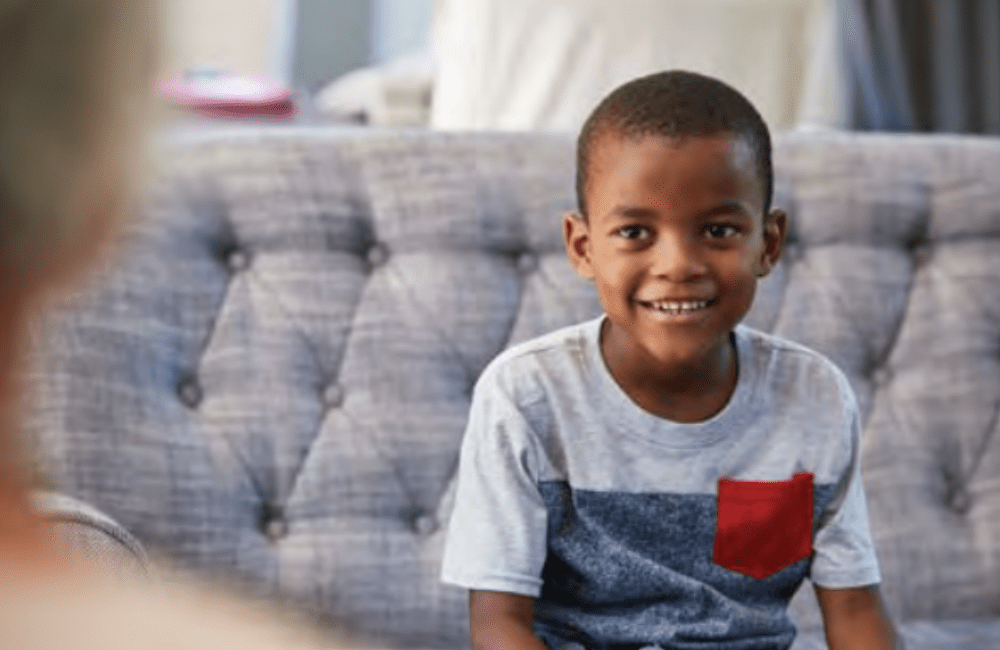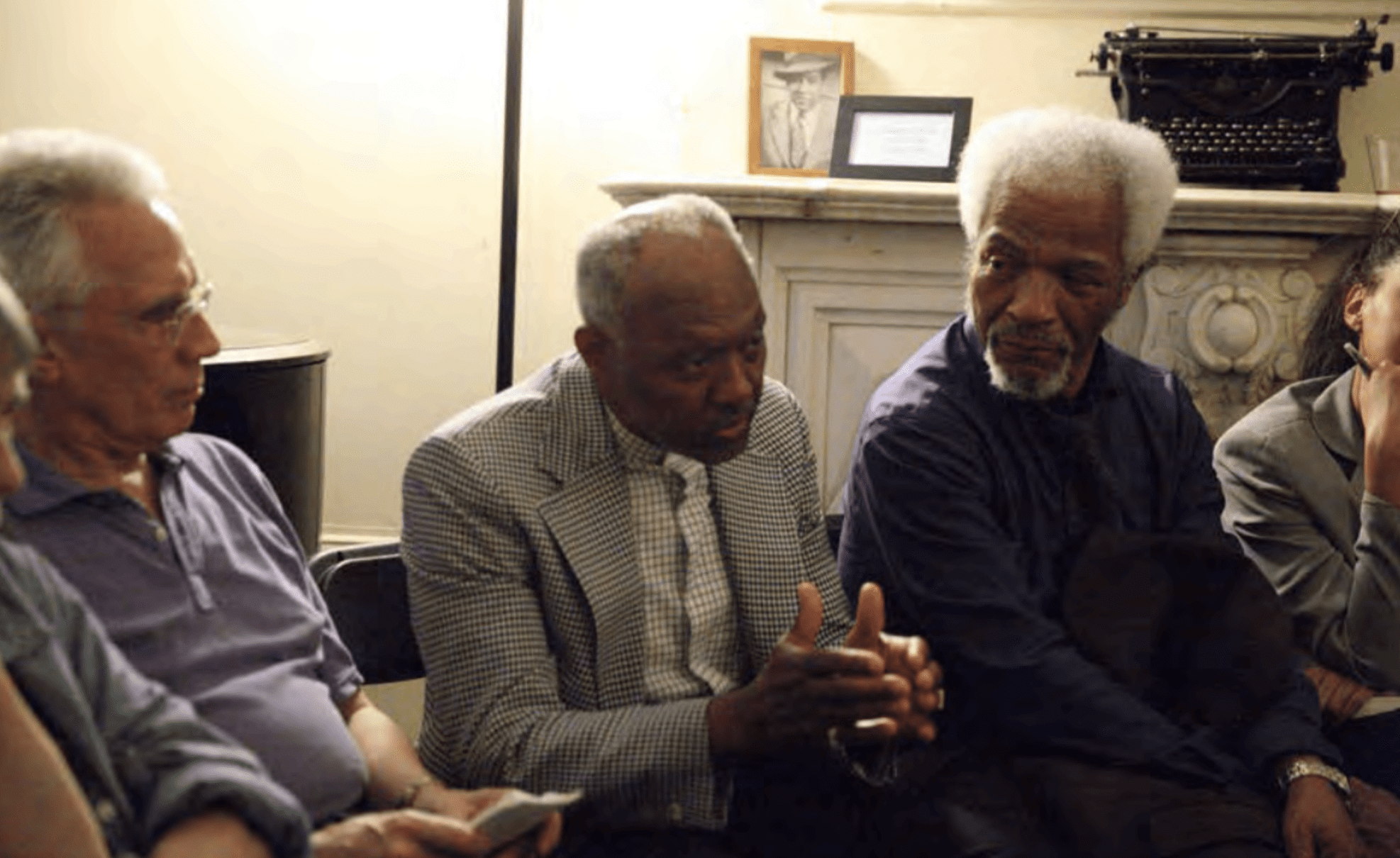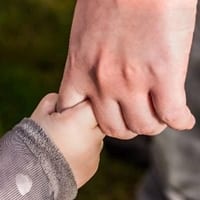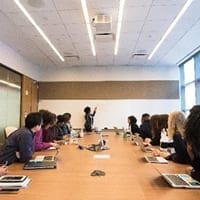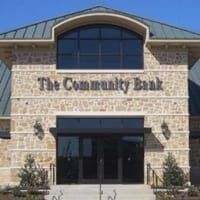Caring for the Hearts and Minds of Kids in Harlem
The Harlem Family Institute helps struggling youngsters find pathways to emotional well-being
The Harlem Family Institute was founded in 1991 to bring psychological counseling to a struggling and neglected population—impoverished or low-income children and adolescents in Harlem schools and their families. It grew from a program created by psychoanalyst Stephen Kurtz at an independent, tuition-free Harlem school, the Children’s Storefront. Founding trustees included Dr. Margaret Morgan Lawrence, the nation’s first African-American woman pediatrician and psychoanalyst, who remained on the board until her death in December, 2019 at the age of 105.
Today, the nonprofit Institute is run on an unpaid basis by President and Executive Director Michael Connolly, a licensed psychoanalyst whose practice centers on children and families, and who also works in Midtown Manhattan as an editor at a leading global-news organization. After the Institute received a grant from the Impact Deposits Program, Michael sat down with us to talk about his role and the growing need for Harlem Family Institute’s services. This interview has been constructed from that discussion.
Forgive the corporate-speak, but can you give me the “elevator pitch” for the Harlem Family Institute?
Well, the need for psychoanalytic health care in the uptown Manhattan communities we serve is very real; there just are not enough services, especially for children, parents and teens. I think the average waiting time for adult counseling might be a month, while for children under ten the waiting time can be three or four months. We just desperately want to address that. So the elevator speech would probably be that the Institute was created 30 plus years ago to help an underserved population of children and families in one Harlem school—and has expanded to help children in other nearby Harlem schools and schools in Northern Manhattan. We’ve further expanded to have a much more general reach helping the various communities of Harlem, but we are very small. And we are working on ways to expand our capacity here.
How and when did you first become involved with the Institute?
I began training to become a psychoanalyst at the Institute in 2006 and I was asked several years later if, together with another colleague about to graduate, we would be able to take over the running of the Institute when we graduated. I was amazed and initially struggled with the question because taking on the running of a psychoanalytic training institute was like nothing I’d ever done before. Ultimately, I decided this Institute must not fail, though it seemed at the time there were few options for it to continue. The original founders had been very active in the mid 1980’s and through the later 1990’s, but by 2010, you needed to have a new cadre of people willing to take on the running of it. And so I decided, okay, I’m going to have to do this.
What is unique about the services Harlem Family Institute offers?
Unlike most mental health care, which is provided by mental health clinics or by group practices, or by clinicians working independently, we’re actually a school for training psychoanalysts. Psychoanalysis is the original form of helping people with emotional and mental health behavioral issues—it dates right back to the time of Freud and Jung and the other greats who established the psychoanalytic realm 120 years ago. But these days drug therapies have taken a lot of precedence, as have cognitive behavioral therapies—which tend to be focused more on treating what we psychoanalysts consider to be symptoms. And we really aim to help the whole person and go deep to build long-term trusting relationships, and to be working to find the underlying causes of those symptoms. If somebody is behaving in anxious ways we want to help them work out the cause of those anxieties, which may go very deep and may go back a long way.
So, it’s by working with people in a longer term sense and developing a relationship with them in which they can come to trust expectations that you will always be there for them at the appointed time, and that you can really help them as they’re trying to work out how to resolve issues. In the case of children, it’s helping kids who may be struggling with parental breakups, kids who may be anxious or depressed amid the current COVID situation, or anxious about gun violence around them, for instance. We help them through play, which can be so freeing because they take the lead.
What are the core components of Harlem Family Institute’s training program?
Our core mission is training people to become psychoanalysts, to be able to do this work with children, adolescents and with parents and families. Our training program takes four and a half to six years part time. Candidates can probably go through faster than that if they really want to, and we’re looking at ways to help them do that. We’ve been training African-Americans and Latinos to become psychoanalysts from the get-go. There are so few African-American psychoanalysts that there’s just a real need to train more.
There are four components to our training programs. First of all, everyone must be in psychoanalysis themselves, several times a week with an analyst because that’s part of the learning experience and also learning how to deal with your own issues, analytically, to talk them through, to be able to engage and ponder deep within oneself about causes of things and how one may be experiencing issues. The second component would be the coursework that is done. The third component is beginning to do clinical work yourself with children, teens, parents and others needing help. And the final component is doing that clinical work under the supervision of a trained psychoanalyst whom you see at least once a week.
What are your plans for the future?
We’re on the cusp of establishing a big mental health clinic in Harlem. We’re trying to develop funds right now to do that. We’ve traditionally had little single-room clinical sites in schools, in community centers or houses of worship where we either don’t pay any rent or pay very little. But in this case, we are looking to step up to create the top level of clinical mental health clinic that you can operate in New York, which is called a New York state Article 31 clinic. So, we’re in the process of establishing that while also recruiting candidates to undergo our training program as usual. It would be able to employ maybe ten or more full-time-equivalent psychotherapists and psychoanalysts at any given time. Ideally it will have ten different clinical, psychotherapy rooms. We’re looking at acquiring a full floor-through space in central Harlem. We also hope to find a space where we can work with preschool children, to serve children as young as possible who may be struggling, special-needs children, children on the autism spectrum. I hope we can find ways to do it.

